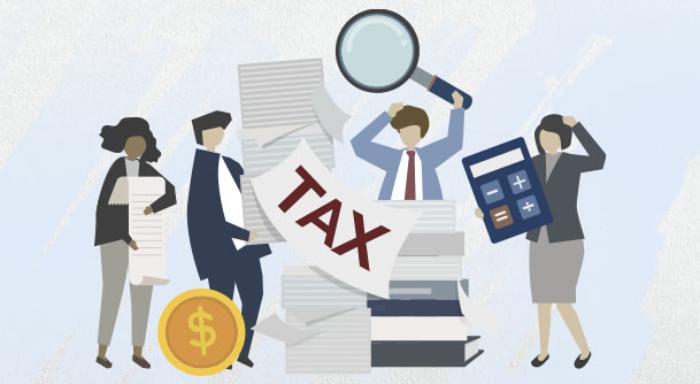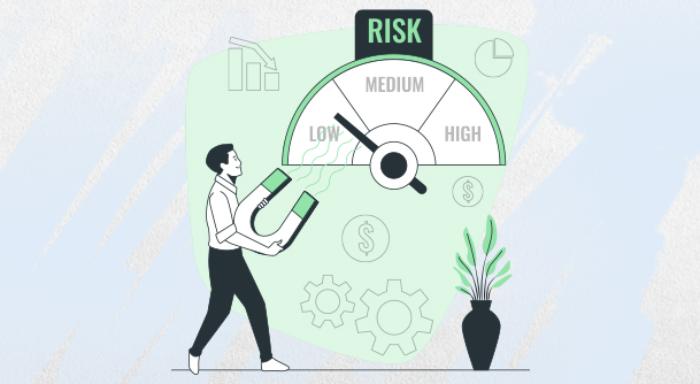How to File ITR After Due Date
Blog Title
3896 |
4/24/25 7:01 AM |
Life doesn’t always go as planned, and sometimes, the due date for your income tax return slips by unnoticed. But don’t worry! You still have the option to file a late return, even after the deadline has passed. However, you need to understand the procedure, the results, and how you can seize this opportunity to maximise your tax benefits.
So, what exactly is a belated return? It's simply an income tax return submitted after the due date—that is, you file your return after July 31st but before the end of the assessment year, i.e., 31st March.
Section 139(4) of the Income Tax Act: Explained
Section 139(4) of the Income Tax Act allows taxpayers to file a belated return if they miss the original deadline. A belated return can be filed before the end of the relevant assessment year (i.e., by March 31st of the following year).
However, filing late returns comes with drawbacks. Taxpayers may lose the opportunity to claim certain deductions, exemptions, and benefits. Additionally, late fees under Section 234F may apply, and interest on unpaid taxes may be charged under Section 234A.
While Section 139(4) provides a way to file after the due date, timely filing ensures that you can fully claim tax-saving deductions, such as investments under Section 80C, ULIP tax benefits, and other eligible exemptions.
Eligibility to File a Belated Return
You can only submit a belated tax return upon meeting certain eligibility criteria. Let’s discuss who is eligible to file a belated return:
Who can file? Section 139(4) lets any taxpayer who missed the original due date for filing a belated return. It is thus still possible to get things back under control whether you just forgot about it or missed the deadline due to personal circumstances.
When can you file? Under Section 139(4) of the Income Tax Act, a belated return can be filed at any time before the end of the relevant assessment year. For AY 2024-25 (FY 2023-24), the deadline to file a belated return is March 31, 2025.
While the government may extend deadlines in special cases, the standard rule allows belated returns to be filed until March 31st of the assessment year.
Aim always to submit before the last date to prevent penalties and lost opportunities including tax saving insurance, such as term life insurance policy or unit-linked insurance plan (ULIPs), which offer both investment opportunity and life insurance.
Penalties and Consequences of Filing a Belated Return
You will be fined if you don’t file your tax return within the designated period. Under Section 234F, late tax returns are subject to a penalty. Here’s how it works:
If your gross income goes up to Rs. 5 lakh, you will be responsible for a penalty of Rs. 1,000.
If your income is more than Rs. 5 lakh, a penalty of Rs. 5,000 would be enforced.
Furthermore, not only that! Under sections 234A, 234B, and 234C, interest charges are also levied based on unpaid tax and delay in advance tax payments.
How to File a Belated Income Tax Return?
While submitting a late return is not difficult, the taxpayer has to take care of the procedure. This basic guide will assist you in online submitting your belated return:
1. First, log in to your account using the income tax return e-filing platform.
2. After successful login, select "e-File," then "Income Tax Returns," and lastly, click "File Income Tax Return."
3. The following phase will ask you to select the evaluation year. For example, for FY 2023-24, select AY 2024-25.
4. Now, you are free to apply online or offline. Most people want to apply online.
5. Click the "Start New Filing," and follow all instructions.
6. Check that your personal info is accurate all around. This is absolutely vital, particularly if you are altering your insurance policy's specifics to gain from deductions—such as tax-saving insurance.
7. Choose the appropriate Income Tax Return (ITR) form based on where your income originates.
8. Under the "Filing Section," select "139(4)," choose to indicate that you are submitting a late return.
9. Just enter all the necessary information about your income, including the premiums you have paid for investment insurance such as ULIP or endowment life insurance, thereby optimising tax deductions.
10. Pay any taxes you are required to settle. There are multiple online payment options available.
Example
Let's consider an example. If your gross total income for the fiscal year 2023–2024 is Rs. 6 lakh and you missed the initial deadline of July 31st, you have time until March 31, 2025, to file your belated return. Since your income exceeds Rs. 5 lakh, you will be liable for a penalty of Rs. 5,000.
Now, suppose you have invested in term insurance and tax-saving ULIPs over the years. Even if you file a late return, you can still claim deductions for these investments, helping you reduce your overall tax liability.
Takeaway
Although it could seem like a trouble to file a belated return, this is actually an opportunity for you to put things right. You have to keep up with the process even if you fear fines. It's worth knowing the processes involved and the tax saving benefits you can seize—including deductions for term policies, ULIPs, or life insurance plans.
Whether you want to maximise your investment returns or secure insurance that offers tax benefits, filing your taxes on time is essential to avoid penalties and maximise your deductions.










